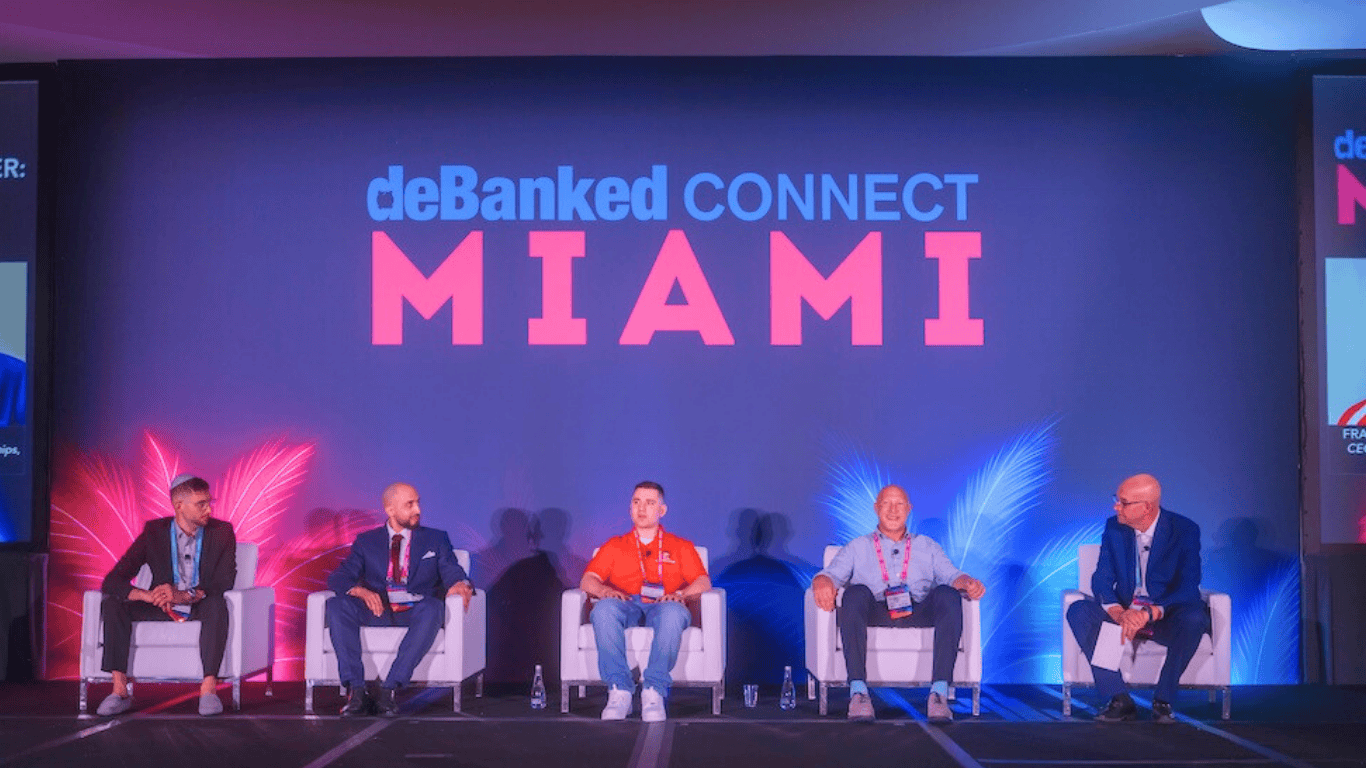How a Merchant Cash Advance Became a Trap
Small businesses are vital to the economy, but they often face challenges when seeking funding. One option that has become increasingly popular is the merchant cash advance (MCA), which is supposed to offer quick, short-term funding. However, some lenders have abused this system, turning what should be a helpful tool into a predatory trap. A prime example of this is Yellowstone Capital.
What is a Merchant Cash Advance?
A legitimate MCA is an agreement where a lender provides a lump sum of money to a business in exchange for a portion of its future revenues5. The payments are meant to fluctuate with the business’s sales, and the repayment term is typically open-ended. However, in the case of Yellowstone Capital, this was not the reality.
How Yellowstone Manipulated MCAs
Yellowstone Capital disguised illegal, high-interest loans as MCAs.
They did this by:
Fraudulently describing transactions
The contracts were written to appear as purchases of future revenues, with supposedly flexible payment amounts and open-ended terms. In reality, Yellowstone collected fixed daily amounts directly from small business bank accounts over short repayment periods, often just 60 or 90 days.
Ignoring the businesses' actual revenues
These daily collections had little connection to the portion of the businesses' revenues the lenders supposedly purchased. Yellowstone promised to "reconcile" or refund small businesses' daily payments to ensure they never rose above an agreed-upon percentage of their revenue. However, they used fraudulent measures to ensure borrowers almost never qualified for these payment refunds.
Because of these manipulations, the transactions became short-term loans with incredibly high-interest rates, sometimes reaching up to 820% per year. This is more than 50 times the legal interest rate and trapped businesses in a cycle of debt.
For instance, City Bakery, a Manhattan eatery, was forced to close after Yellowstone’s predatory loans led to skyrocketing debts. The bakery had to pay more than $2,000 per day to Yellowstone, which led to its closure after nearly 30 years in business. This wasn't an isolated incident and many small business owners struggled because of the outrageous loans issued by Yellowstone Capital.
Yellowstone Capital's actions demonstrate a clear misuse of the merchant cash advance system, transforming it from a potentially helpful financial tool into a predatory scheme designed to exploit vulnerable small businesses. This case highlights the need for increased vigilance, stricter regulations, and greater transparency within the alternative lending industry.












.png)